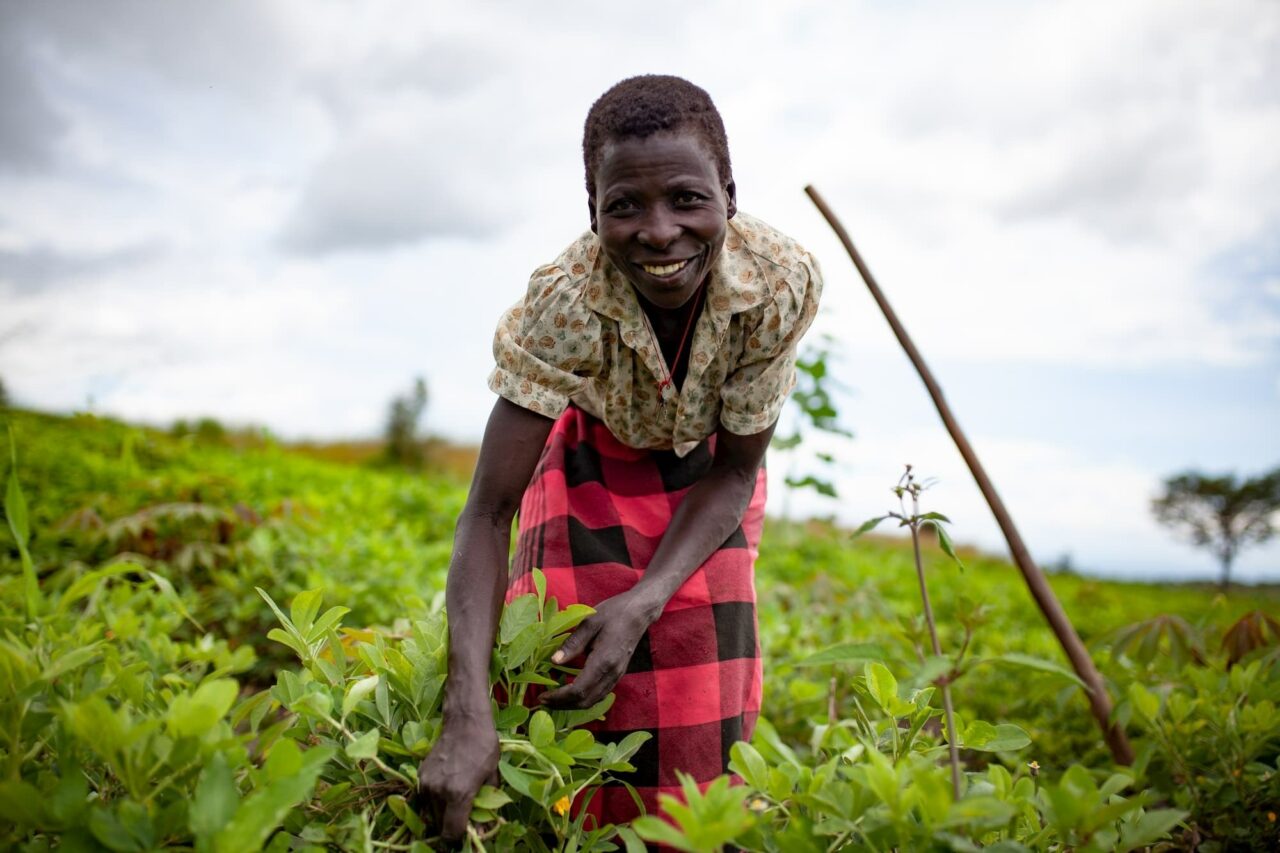Our assistance to women and girls demonstrates the “life cycle of violence” suffered by Ugandan women and girls: sexual assault and early marriage as children, intimate partner violence as adults, and land theft as widows. IJM’s Uganda program began in 2004 and continues to the present day.
IJM’s Uganda offices initiated a pilot project in 2018 to assess the nature, scale and forms of intimate partner violence in the Gulu area.
The project goal was to ascertain whether IJM’s approach to combating violence by collaborating with the justice system to protect survivors and bring perpetrators to justice was applicable to IPV, and to contribute learnings from our clients and partners to others in the field. To view IJM’s learnings from its IPV pilot program in northern Uganda, see pages 21-27 of the 2019 IJM Justice Review.
In 2017, IJM received a contract from the Ministry of Gender, who had been granted funds from the World Bank to develop and execute a pilot project focused on prevention and response to sexual violence against children in Kamwenge and Kabarole Districts, “The “Supporting Children’s Opportunities through Protection and Empowerment” Project (SCOPE.) Partners included Ugandan national authorities, comprising the Ministry of Gender, Labor and Social Development, the Uganda Police Force (UPF), the Judiciary, the Office of the Director of Public Prosecutions, as well as partners at the District government level.
EU - UN Spotlight Initiative
In October 2019, IJM became an implementing partner of the UN Development Program (UNDP) for the EU-funded UN Spotlight Initiative. Spotlight is a 500 million Euro global initiative to eliminate violence against women and girls; Uganda was the only East African country selected. In its Spotlight program areas in Uganda (Kasese District in 2019, Kasese and Tororo Districts in 202o), IJM’s approach focuses on community knowledge and awareness of essential service provision, building the capacity of those essential services, empowering survivors and raising their voices and building longer-term accountability so that communities and justice service providers work together.
In each district IJM first carries out a gap analysis, including household surveys, stakeholder interviews and document reviews.
This is designed to map the gaps in service provision and community knowledge on what is available to support women and girls that are at risk of or survivors of violence and harmful practices. IJM then uses the findings of this analysis to develop and deliver a tailored program of trainings and long-term mentorship to justice service providers (police, state attorneys, magistrates, social welfare/probation officers, health workers, local councilors and cultural leaders). This covers trauma-informed approaches, how to support and engage with survivors, how to raise awareness in communities and amongst those at risk, how to coordinate and ways in which to improve service provision across all forms of violence against women and girls and harmful practices. IJM then complements this by working with other community-based organizations, such as health workers, to share key messages with communities and build sustainable, appropriate and accessible justice services.
